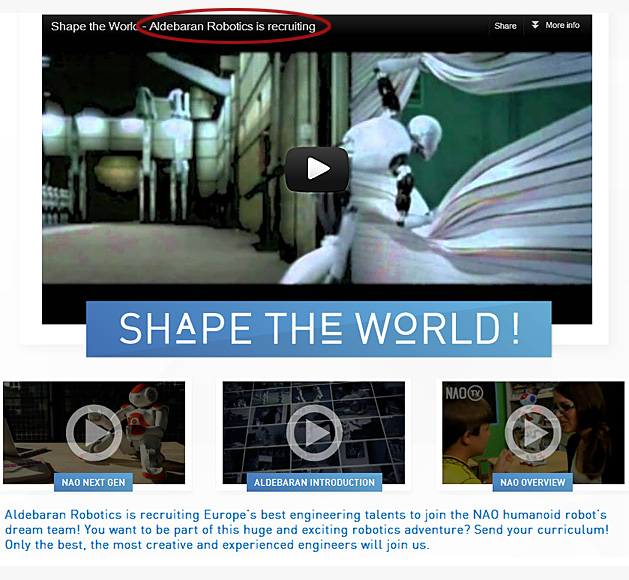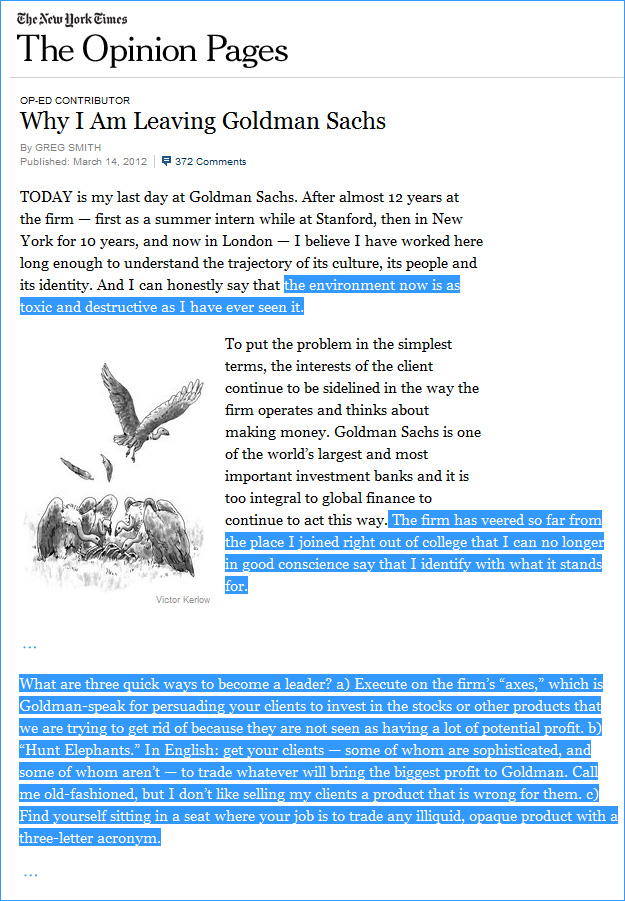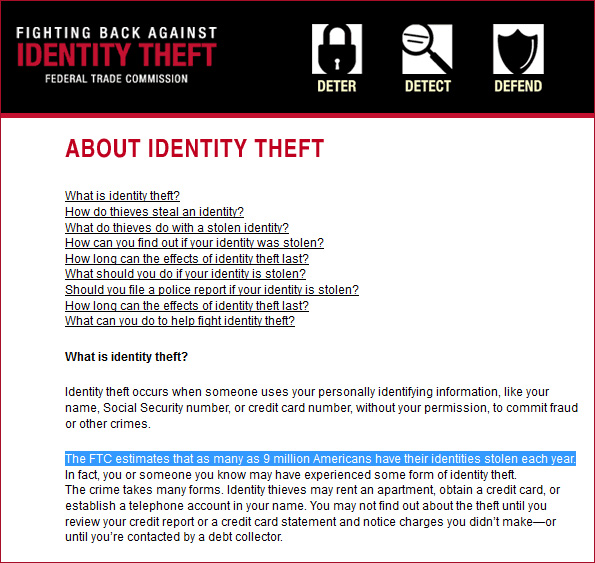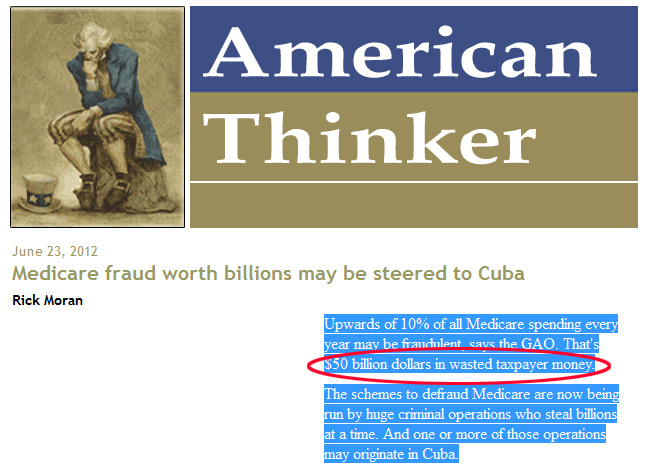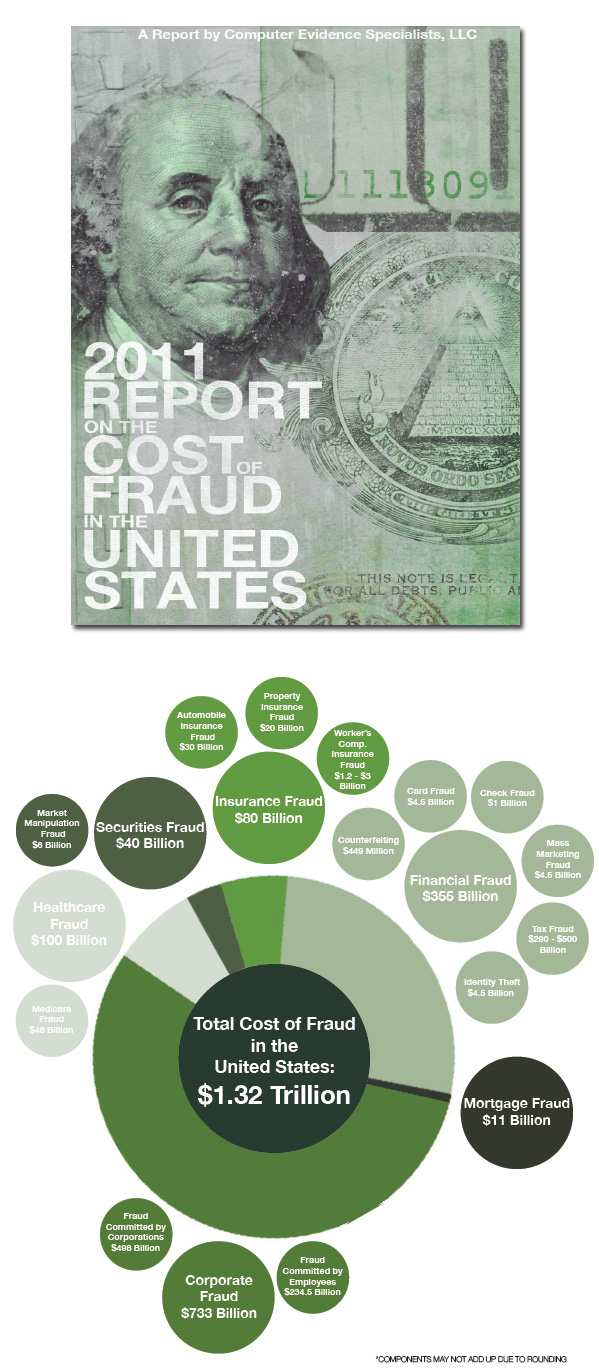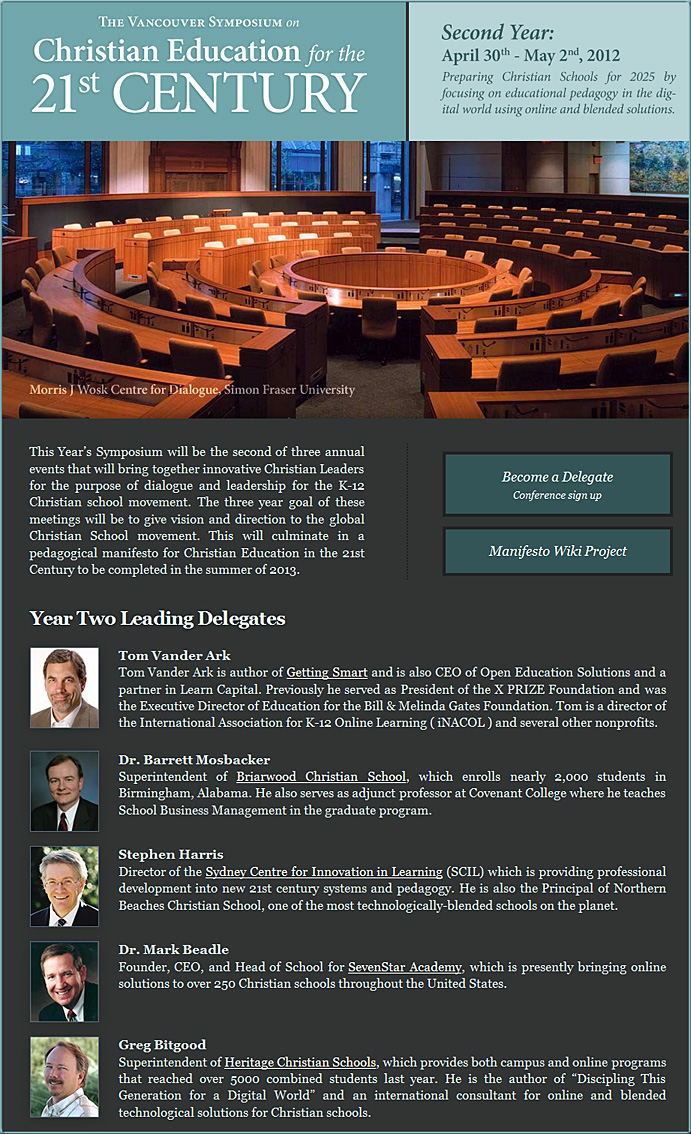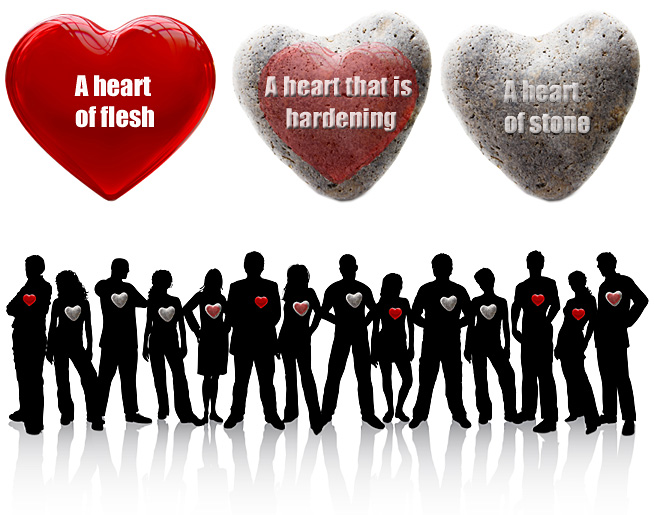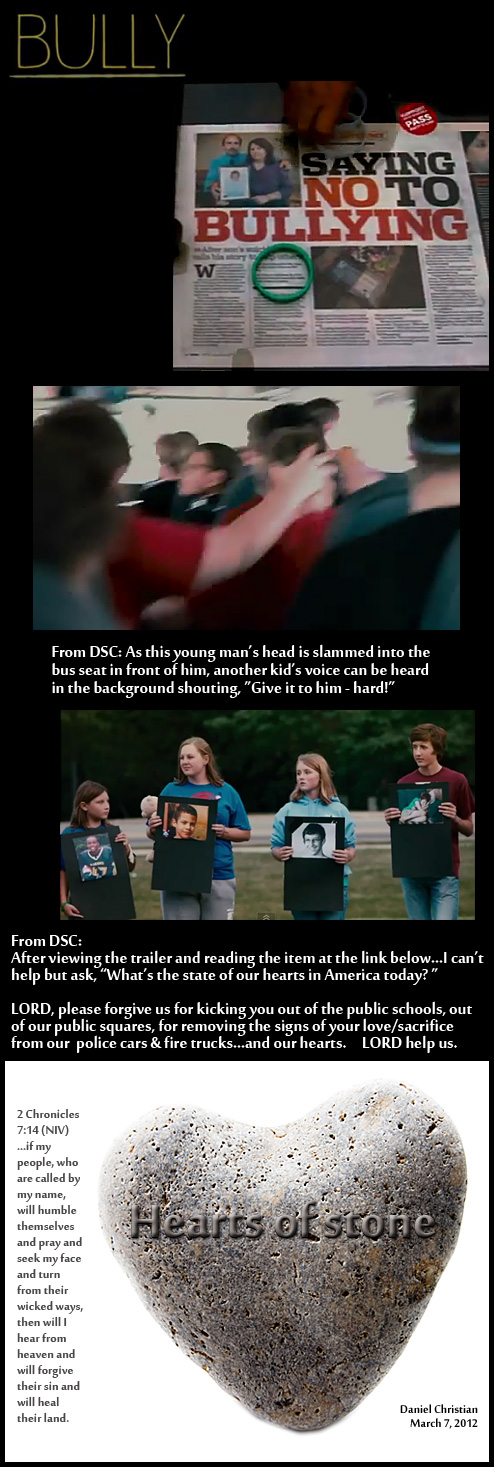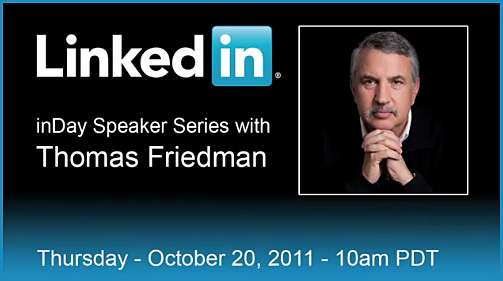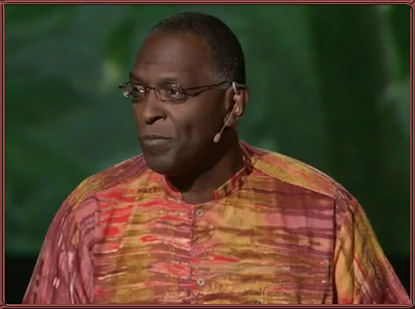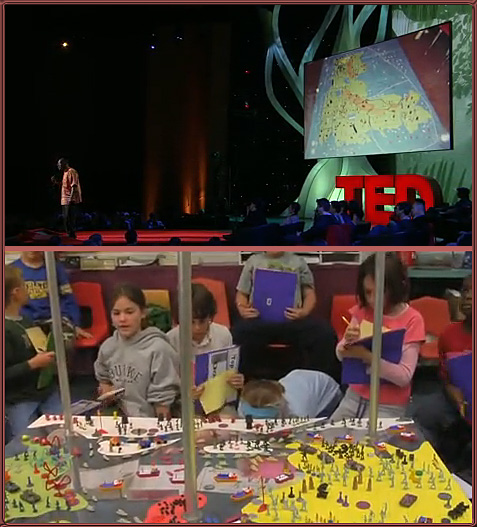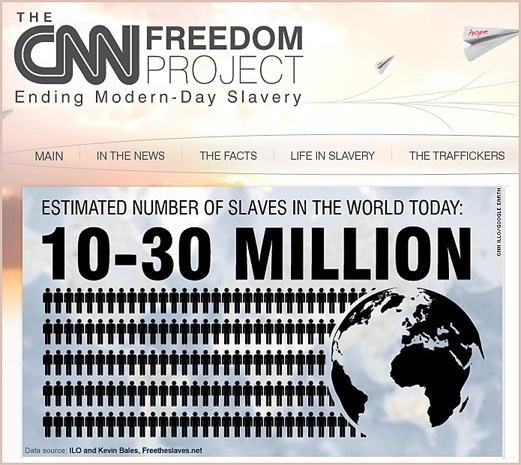From DSC:
Some very frustrated reflections after reading:
- It’s time to worry: Boys are rapidly falling behind girls in school — from takepart.com by Peg Tyre
Reporter Peg Tyre explains why the challenges boys face in school need to be taken much more seriously.
Excerpt:
Right now, boys are falling out of the kindergarten through 12th grade educational pipeline in ways that we can hardly imagine.
This situation continues to remind me of the oil spill in the Gulf (2010), where valuable resources spilled into the water untapped — later causing some serious issues:
.
From DSC:
What are we doing?!!! We’ve watched the dropout rates grow — it doesn’t seem we’ve changed our strategies nearly enough! But the point that gets lost in this is that we will all pay for these broken strategies — and for generations to come! It’s time to seriously move towards identifying and implementing some new goals.
What should the new goals look like? Here’s my take on at least a portion of a new vision for K-12 — and collegiate — education:
- Help students identify their God-given gifts and then help them build up their own learning ecosystems to support the development of those gifts. Hook them up with resources that will develop students’ abilities and passions.
. - Part of their learning ecosystems could be to help them enter into — and build up — communities of practice around subjects that they enjoy learning about. Those communities could be local, national, or international. (Also consider the creation of personalized learning agents, as these become more prevalent/powerful.)
. - Do everything we can to make learning enjoyable and foster a love of learning — as we need lifelong learners these days.
(It doesn’t help society much if students are dropping out of K-12 or if people struggle to make it through graduation — only to then harbor ill feelings towards learning/education in general for years to come. Let’s greatly reduce the presence/usage of standardized tests — they’re killing us! They don’t seem to be producing long-term positive results. I congratulate the recent group of teachers who refused to give their students such tests; and I greatly admire them for getting rid of a losing strategy.)
. - Give students more choice, more control over what their learning looks like; let them take their own paths as much as possible (provide different ways to meet the same learning objective is one approach…but perhaps we need to think beyond/bigger than that. The concern/fear arises…but how will we manage this? That’s where a good share of our thinking should be focused; generating creative answers to that question.)
. - Foster curiosity and wonder
. - Provide cross-disciplinary assignments/opportunities
. - Let students work on/try to resolve real issues in their communities
. - Build up students’ appreciation of faith, hope, love, empathy, and a desire to make the world a better place. Provide ways that they can contribute.
.
- Let students experiment more — encourage failure.
.









